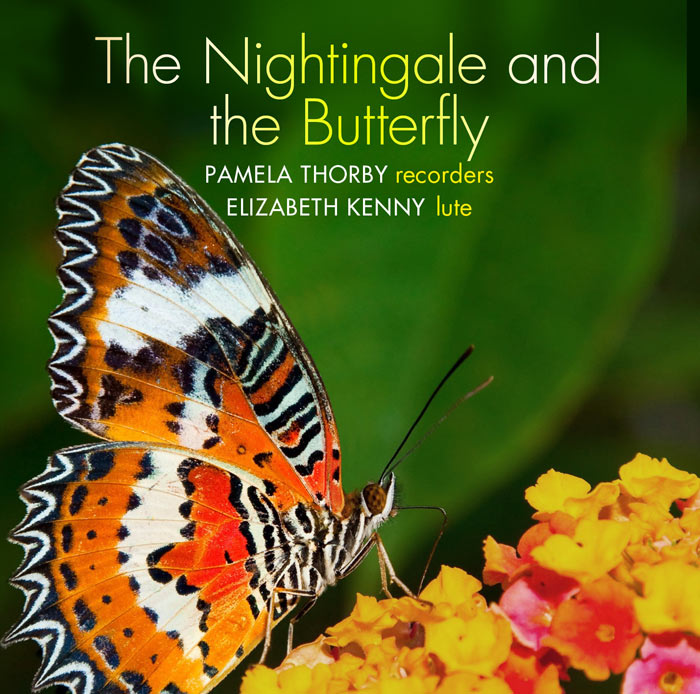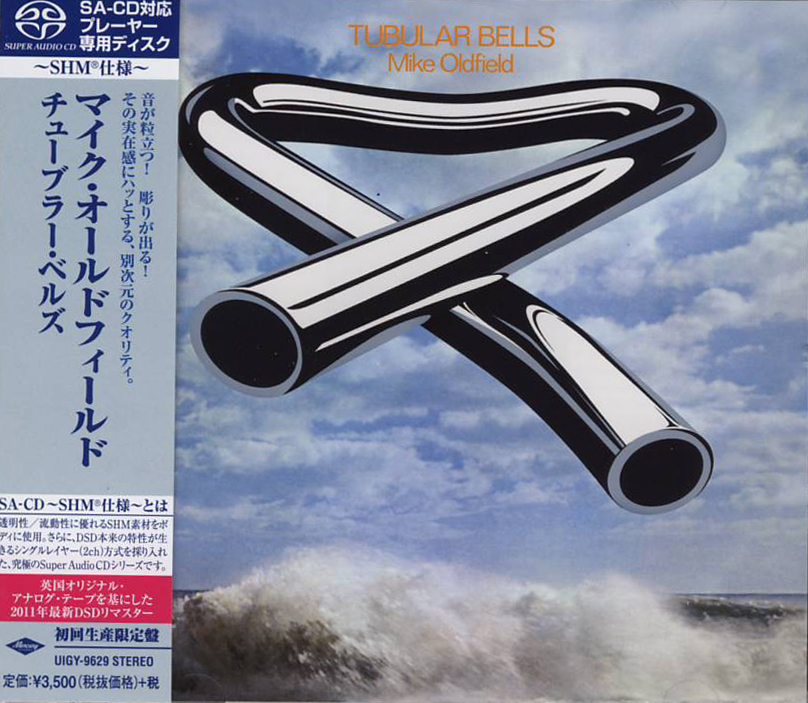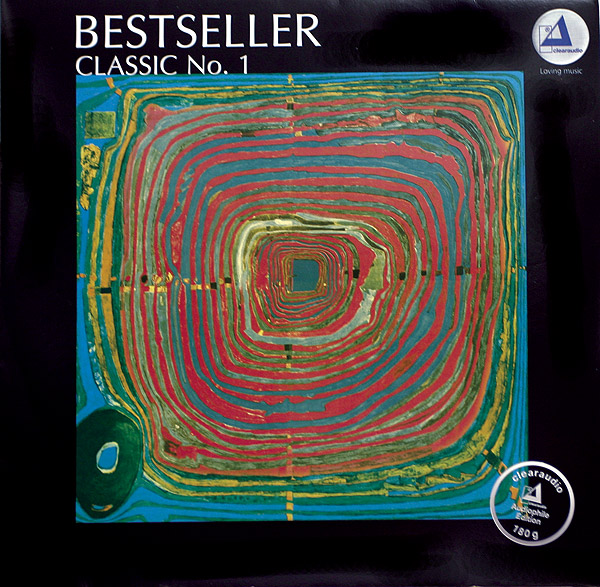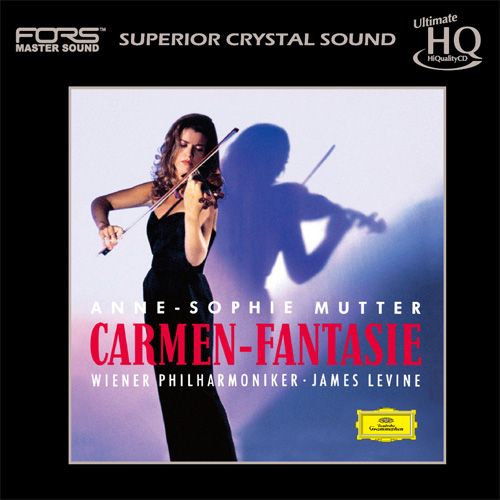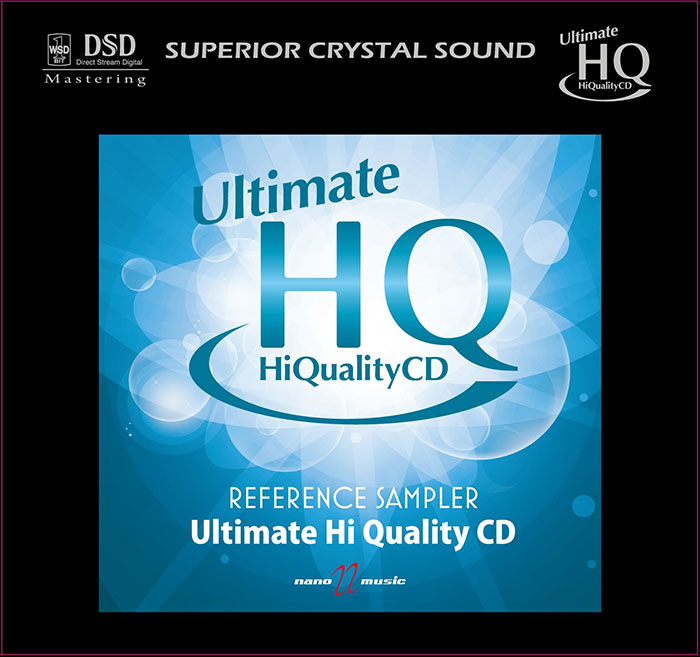Logowanie
OSTATNI taki wybór na świecie
Nancy Wilson, Peggy Lee, Bobby Darin, Julie London, Dinah Washington, Ella Fitzgerald, Lou Rawls
Diamond Voices of the Fifties - vol. 2
Tylko 1000 egzemplarzy!!!
DVORAK, BEETHOVEN, Boris Koutzen, Royal Classic Symphonica
Symfonie nr. 9 / Wellingtons Sieg Op.91
nowa seria: Nature and Music - nagranie w pełni analogowe
Petra Rosa, Eddie C.
Celebrating the art and spirit of music - vol. 3 - Pure
warm sophisticated voice...
Peggy Lee, Doris Day, Julie London, Dinah Shore, Dakota Station
Diamond Voices of the fifthies
Tylko 1000 egzemplarzy!!!
SAMPLER - STS DIGITAL, Buddy Tate, Milt Buckner, Walace Bishop
Jazz Masters - Legendary Jazz Recordings - v. 1
proszę pokazać mi drugą taką płytę na świecie!
Chesky! Niezmiennie perfekcyjny
Winylowy niezbędnik
ClearAudio
Double Matrix Professional - Sonic
najbardziej inteligentna i skuteczna pralka do płyt winylowych wszelkiego typu - całkowicie automatyczna
COUPERIN, DIEUPART, VISEE, Pamela Thorby, Elizabeth Kenny
The Nightingale and the Butterfly
- Pamela Thorby & Elizabeth Kenny - The Nightingale and the Butterfly
- 01. Deuxieme Suite in G Major - Prelude Tendrement (1:35)
- 02. Deuxieme Suite in G Major - Allemande (2:22)
- 03. Deuxieme Suite in G Major - Musette (1:33)
- 04. Deuxieme Suite in G Major - Papillon Vite (1:40)
- 05. Deuxieme Suite in G Major - La Lionnoise Gravement (2:37)
- 06. Deuxieme Suite in G Major - La Fanatique Vivement (0:50)
- 07. Deuxieme Suite in G Major - Air Tendre (3:19)
- 08. Passacaille (2:44)
- 09. 'Sonate pour la flute a bec' in D minor - Lentement (2:44)
- 10. 'Sonate pour la flute a bec' in D minor - Fugue (1:22)
- 11. 'Sonate pour la flute a bec' in D minor - Courante (1:37)
- 12. 'Sonate pour la flute a bec' in D minor - Les notes egales et detachez (1:22)
- 13. 'Sonate pour la flute a bec' in D minor - Fugue (1:53)
- 14. Suite No.1 in A Major 'pour une flute de voix' - Ouverture (5:38)
- 15. Suite No.1 in A Major 'pour une flute de voix' - Allemande (3:27)
- 16. Suite No.1 in A Major 'pour une flute de voix' - Courante (1:30)
- 17. Suite No.1 in A Major 'pour une flute de voix' - Sarabande (2:20)
- 18. Suite No.1 in A Major 'pour une flute de voix' - Gavotte (0:43)
- 19. Suite No.1 in A Major 'pour une flute de voix' - Menuet (0:57)
- 20. Suite No.1 in A Major 'pour une flute de voix' - Gigue (1:55)
- 21. Suite in D minor - Prelude (1:33)
- 22. Suite in D minor - Ouverture de la Grotte de Versailles (2:05)
- 23. Suite in D minor - Courante (1:51)
- 24. Suite in D minor - Sarabande (3:15)
- 25. Suite in D minor - Gigue (1:02)
- 26. Suite in D minor - Contredanse (1:31)
- 27. Le Rossignol-en-amour - Lentement (3:25)
- 28. Suite No.6 in F minor 'pour une flute du quatre' - Ouverture (4:24)
- 29. Suite No.6 in F minor 'pour une flute du quatre' - Allemande (2:36)
- 30. Suite No.6 in F minor 'pour une flute du quatre' - Courante (1:21)
- 31. Suite No.6 in F minor 'pour une flute du quatre' - Sarabande (2:37)
- 32. Suite No.6 in F minor 'pour une flute du quatre' - Gavotte (0:45)
- 33. Suite No.6 in F minor 'pour une flute du quatre' - Menuet (1:04)
- 34. Suite No.6 in F minor 'pour une flute du quatre' - Gigue (1:27)
- 35. Le Rossignol Vainqueur - Tres Legerement (2:00)
- 36. Double du Rossignol (3:33)
- Pamela Thorby - recorder
- Elizabeth Kenny - lute
- COUPERIN
- DIEUPART
- VISEE
A Note from Pamela Thorby and Elizabeth Kenny The recorder's presence in French opera and theatre productions from Lully onwards - where it was often employed to fine effect in evoking a pastoral mood or symbolizing love, death and lamentation - is in stark contrast to the relatively small number of solo works for the instrument. However the surviving solo repertoire by French Baroque composers living in France and England is of high quality and possesses a special beauty. The French maker Peter Bressan (or Pierre Jaillard, as he was baptized), a contemporary of the celebrated maker Jean Jacques Rippert, came to England in 1688 and swiftly became a famous and esteemed maker of flutes, recorders and oboes. Many of his instruments survive including nearly fifty exquisitely crafted recorders, amongst them a soprano fourth flute in B-flat and ten voice flutes in D. The flûte de voix, or voice flute (a tenor recorder in D), was so called because its range was that of the soprano voice and although it is not specifically mentioned in more than a handful of pieces, the number of surviving instruments from makers such as Bressan and Stanesby suggests that there was a considerable market for a wide range of recorders. Thus third, fourth, fifth and sixth flutes - A-flat, B-flat, C and D recorders - were in demand alongside the most commonly used alto in F. Bressan was a friend of James (or Jacques) Paisible, a highly successful recorder player, oboist and composer who brought the new three-piece recorder design to England in 1673. The impact of Paisible and his French colleagues on wind playing in England was considerable. Uffenbach, the German collector, amateur musician and traveller, praised Paisible as being a flautist "without equal". Paisible went on to live in London for more than forty years during which time he maintained a long association with the royal household. In John Blow's Venus and Adonis, Venus (sung by Mary ‘Moll' Davies, whose daughter by Charles II, Lady Mary Tudor, played the role of Cupid) sang her love duets to Adonis, whilst simultaneously intertwining her musical phrases with the recorder soloist, one James Paisible. Paisible married Mary Davies shortly after! I can well imagine the impact those dashing French musicians would have made as they confidently displayed their abilities in their mother tongue. Their fluent and nuanced sound, the finesse of their agréments (ornaments) inflecting the mood, metre and structure of the music would have been a piquant addition to the melting pot of cosmopolitan London musical life. © Pamela Thorby, 2010





























